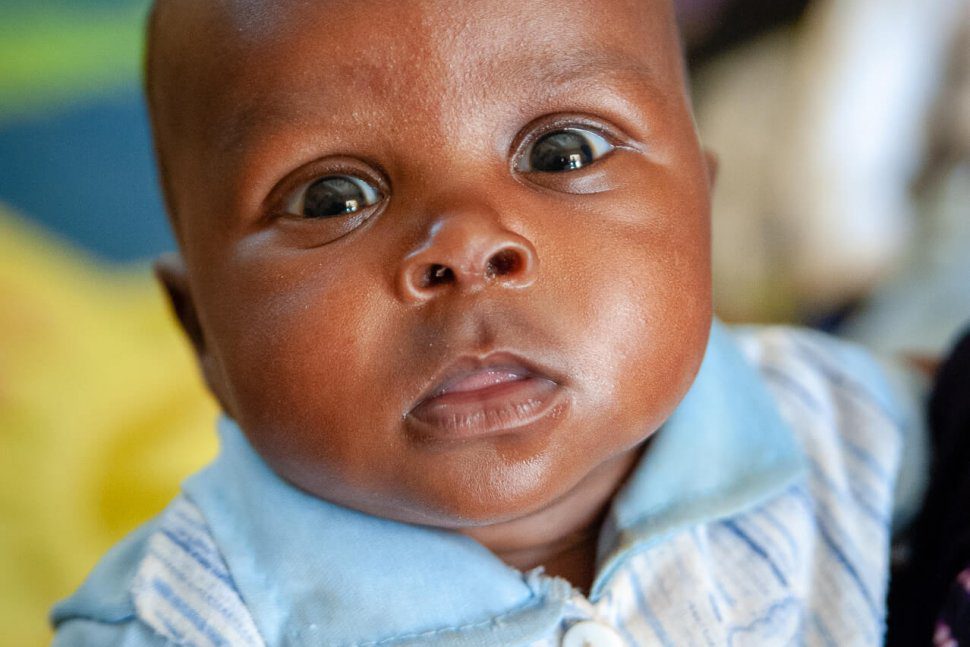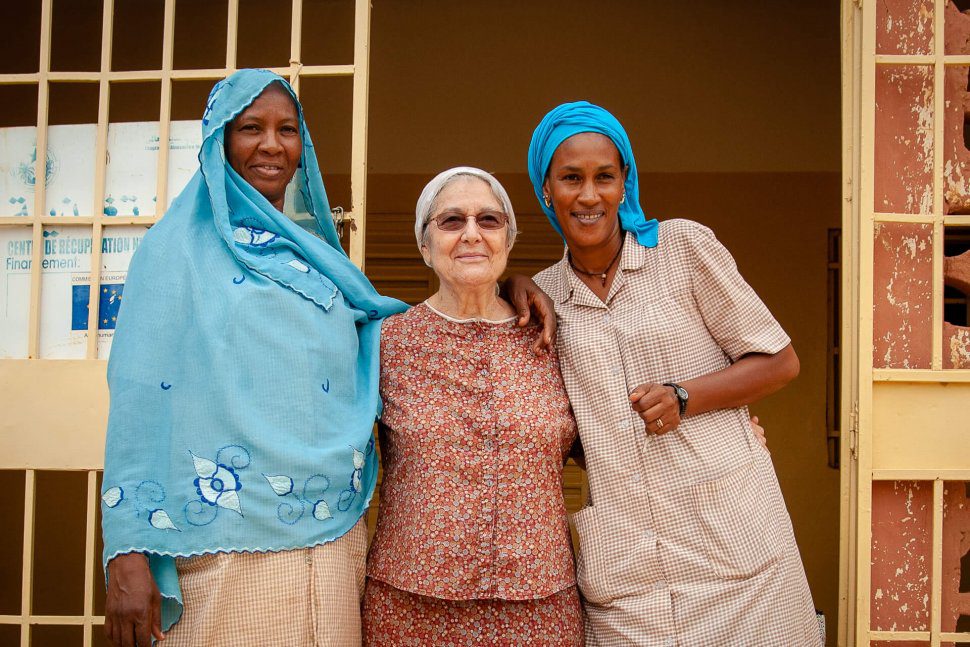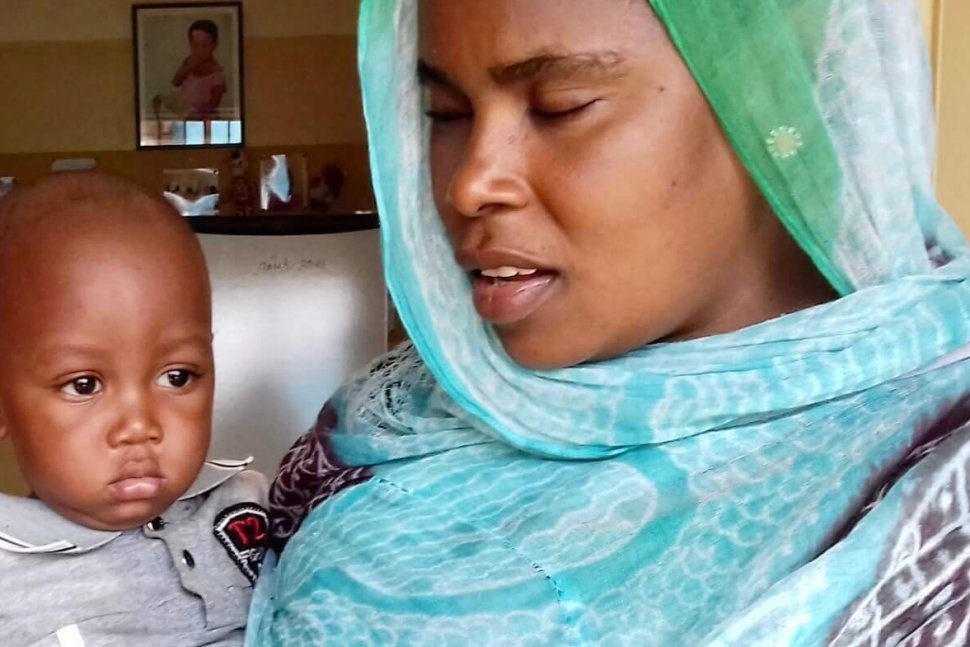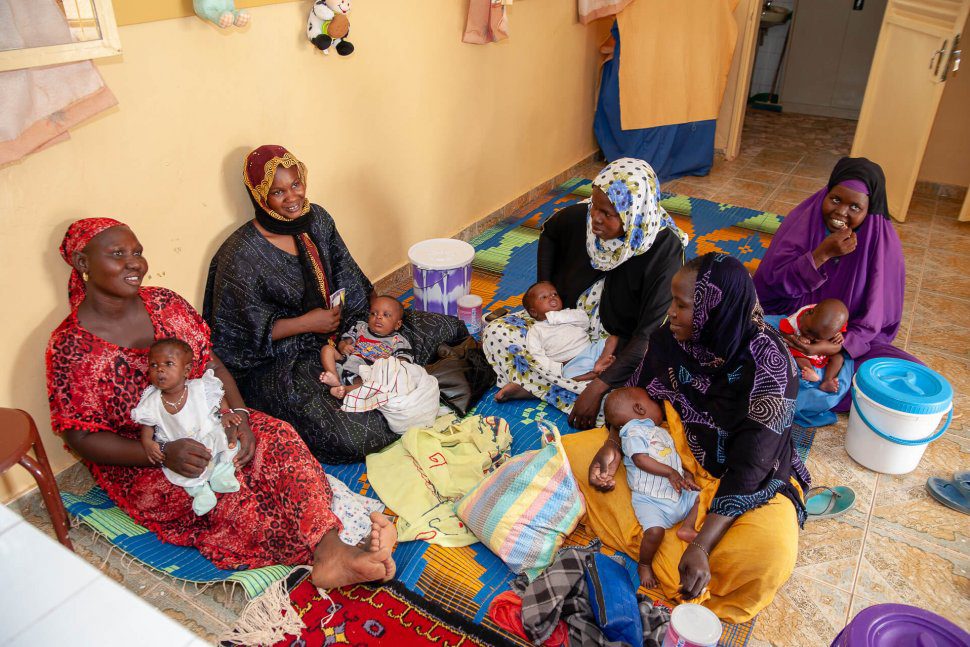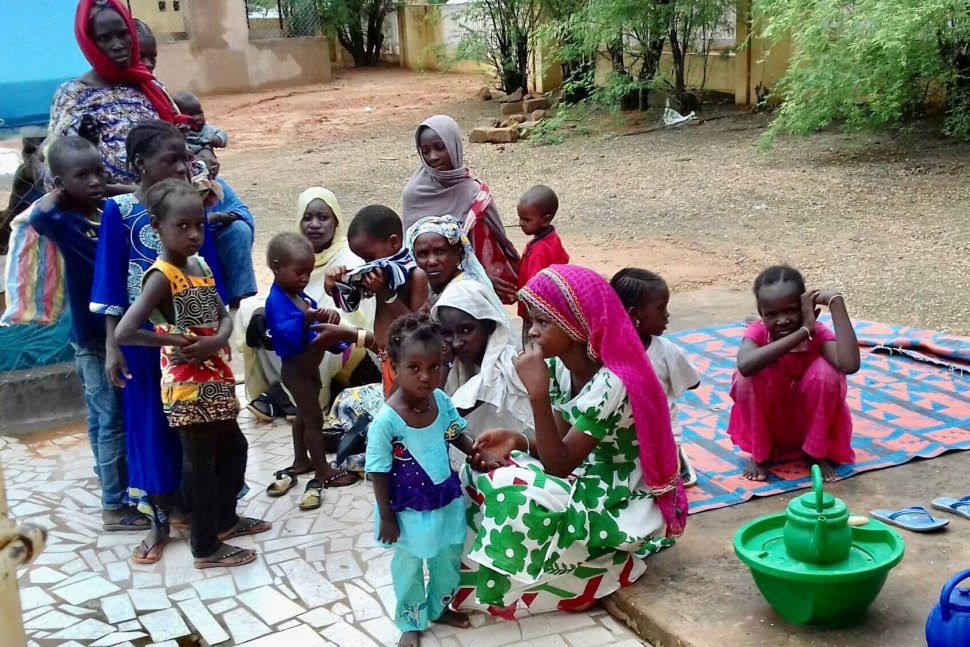Mauretania
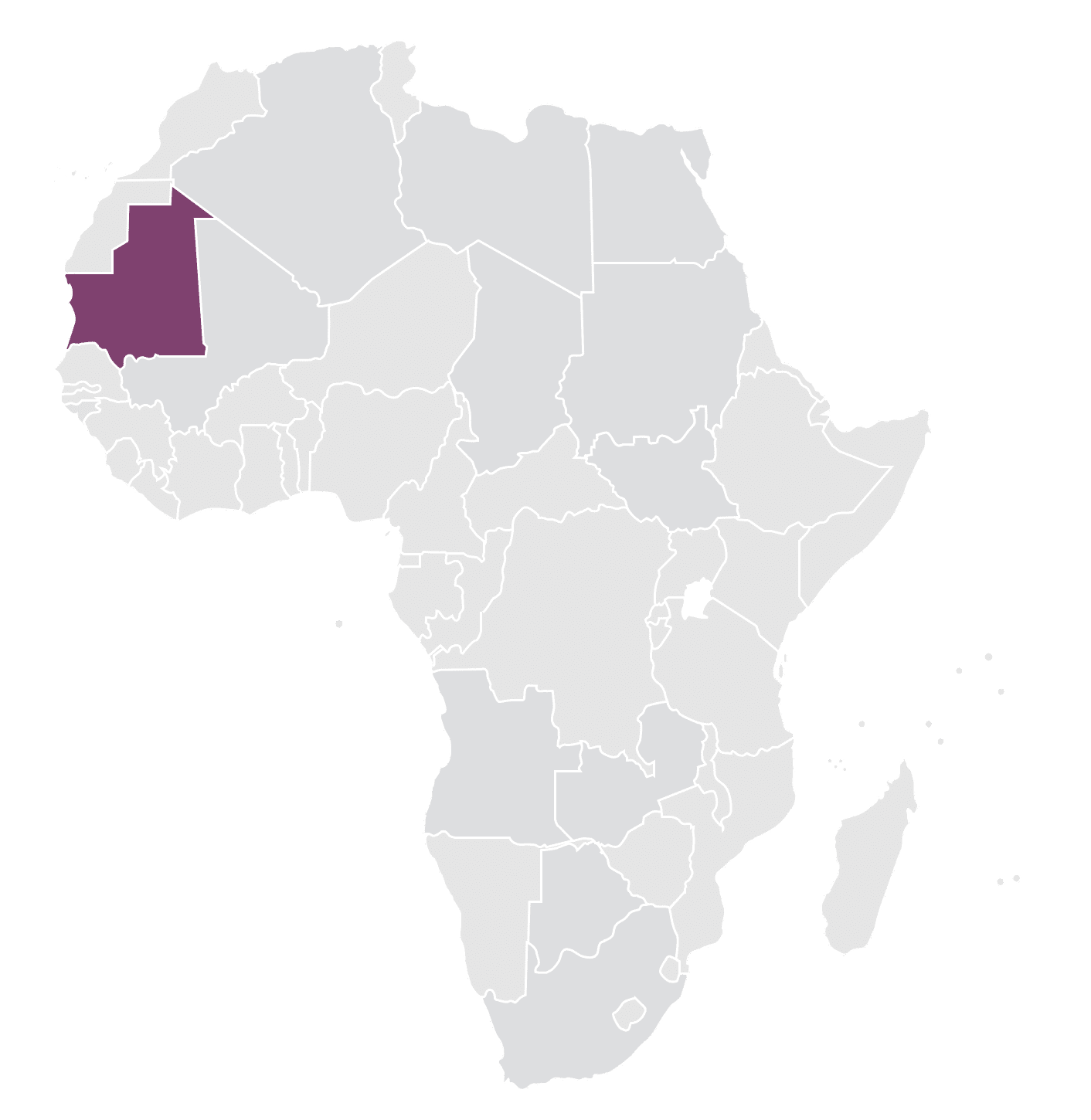
A country in northwestern Africa, bordering the Atlantic Ocean and located in the Sahel zone. More than 80% of Mauritania’s territory is covered by the sands of the Sahara. It is the fourth most climate-vulnerable country in the world. Recurring cycles of prolonged drought (leading to the degradation of natural resources) and a deepening water deficit have created a severe food insecurity crisis. Although it is home to about 5.2 million people, Mauritania is a textbook example of hunger caused by poverty and insufficient local food production.
Overview:
- one of the poorest countries in the world – about 5.8% of the population live on less than 2.15 USD per day
- domestic cereal production covers only about 24% of the national food demand (around 76% of food is imported)
- around 25% of children under the age of five suffer from chronic malnutrition (stunting)
- 61% of the population experience moderate or severe food insecurity, and about 12% are in a food crisis (IPC phase 3+)
152
a dozen
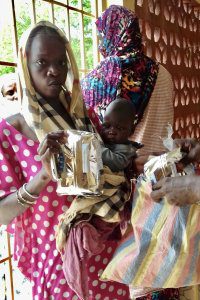
Nearly 700,000 people in Mauritania will not have enough food to survive the dry season. At the nutrition centre in Kaédi, for the first time in a long while, a several-month-old baby could not be saved. Little Mariam came into our care too late. In Sahel and West Africa, the number of people suffering from severe food insecurity has just risen to a record 28 million. We are coming to the rescue! Feed a hungry child with us!
It should be a tranquil time. Normally, by the end of December, farmers in this part of Africa would have stored their crops in granaries, and the beginning of the year offered some peace and a relative sense of security that there would be something to eat, at least for the foreseeable future. However, the extreme weather with scarce and irregular rains have led to a disaster not seen for many years.
Mauritania is one of the poorest countries in the world. Its location and climate do not make it the most hospitable place to live. The country’s surface is mostly made up of the sands of the Sahara (over 80%). Even though the country is home to only 4 million people, it has for years been a classic example of the problem of hunger resulting from poverty and insufficient food production. Now, unfortunately, it has also become a victim of climate change.
- How does our nutrition centre work?
There are dozens of little patients in the care of the sisters from the Franciscan Missionaries of Charity every day. In the middle of the year, there were almost a hundred in need of help. Malnourished children are weighed, examined and given a special nutritious mixture based on peanuts, corn flour, rice and beans, which is prepared on site. Children suffering from hunger disease, on the other hand, are fed with special milk, receive medical check-ups and are sent home with a week’s supply of food rations. We also look after children in difficult family situations, orphans, half-orphans and children with physical and mental disabilities.
Extreme weather and crop failures are to blame for the difficult situation in the country, but so are rising food prices. Over the last year oil prices have risen by 60%. Fewer and fewer people can afford to prepare at least one meal a day at home. The prices of basic foodstuffs are also having an impact on our centre.
A therapeutic meal costs just 15 PLN. We have to act and fill the granary with goods that will be distributed locally to those most in need!!! Let’s do it now! The fundraiser’s target is 7500 PLN, that is 500 therapeutic meals. Each additionally donated meal will make us help even more children.
Join us in feeding a hungry child!

